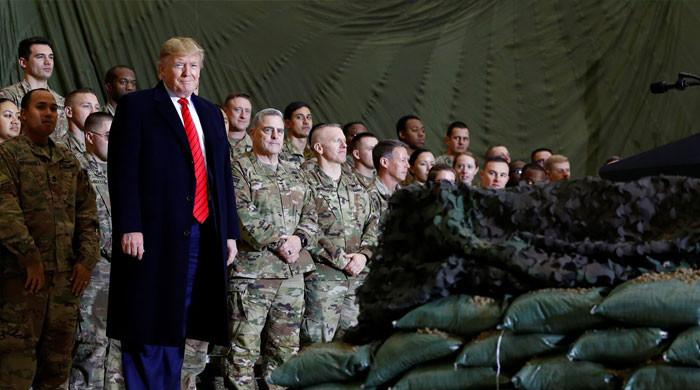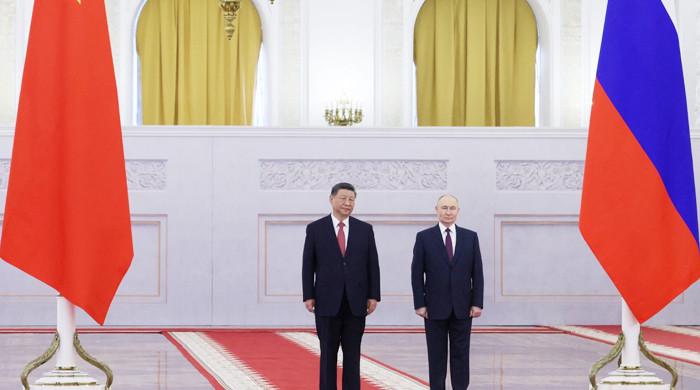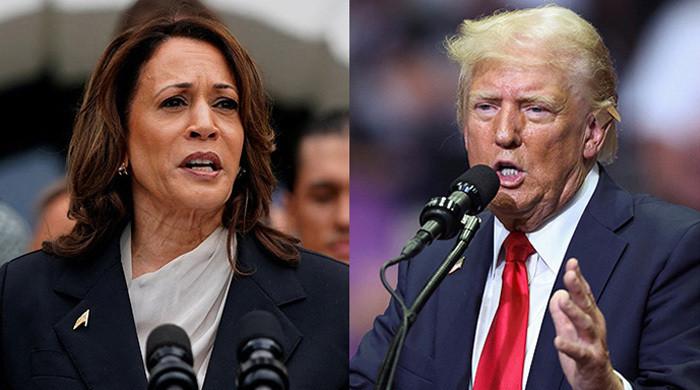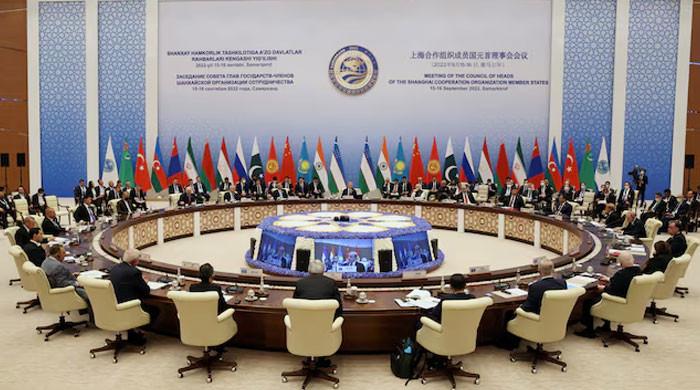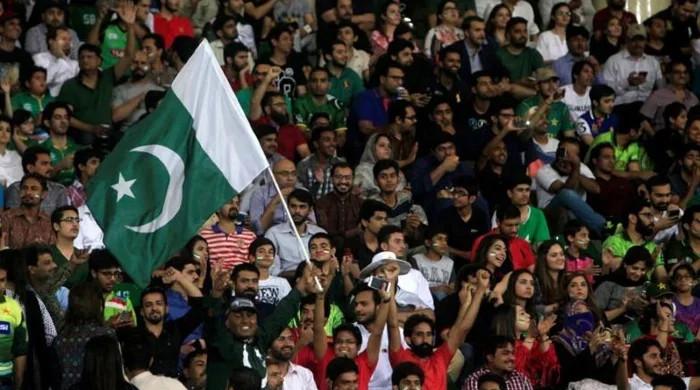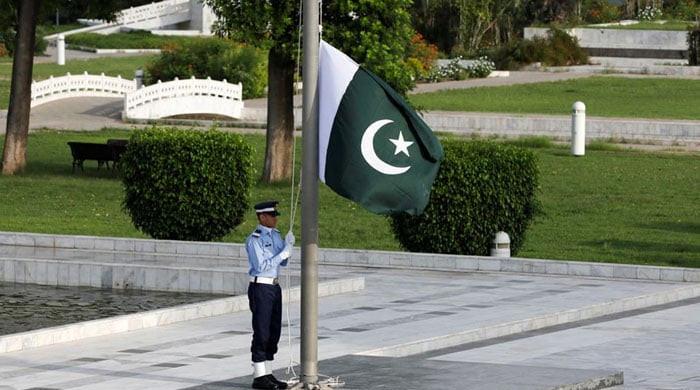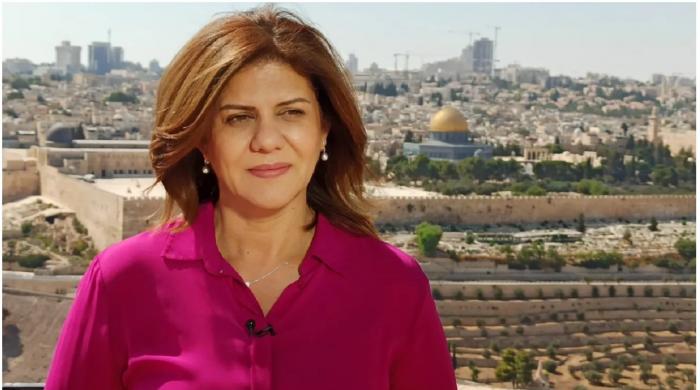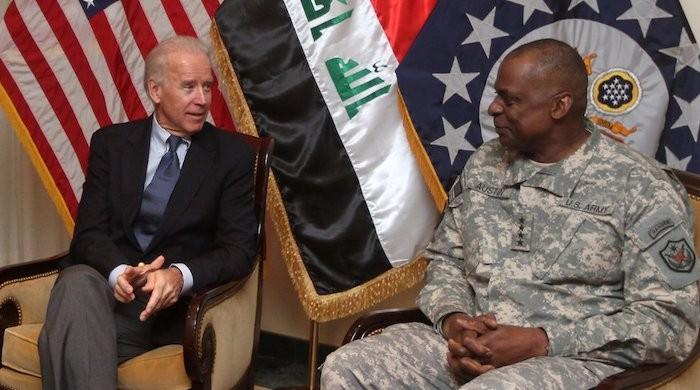Grand Jirga—the only way to peace in Afghanistan?
The Afghan government is ready to convene a Jirga of elders to discuss ways to bring the Taliban to the table
February 26, 2019
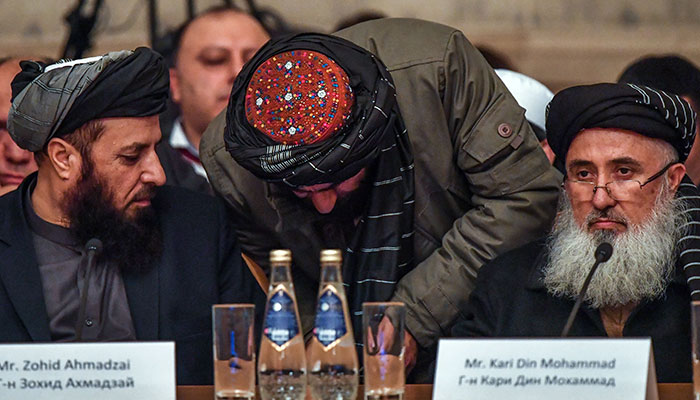
There have been plenty of ideas to thrash out an Afghan-led and Afghan-owned peace process by the international players. But it seems that in the end a grand Jirga, a traditional assembly of Afghan leaders, is likely to take centre stage.
The Afghan government has for long been ignored from the reconciliation process with the Afghan Taliban. However, now it is ready to convene a Jirga of elders on March 17 to discuss ways to bring the Taliban to the negotiating table.
The Loya (Grand) Jirga is expected to host over 2,000 people from across the country.
In the past the Taliban have favoured the use of Jirgas to resolve matters, but Afghanistan's President Ashraf Ghani would rule out the option. Ghani now relenting could be a change of heart, or it could be his way of taking control of the peace process from which he has been kept at bay first at the talks in Qatar, led by the US, and then in Moscow. The Taliban have also refused to hold direct talks with Afghan officials, whom they consider "puppets" of the US.
The Jirga will be inaugurated by the president himself at the National Consultative Meeting on Peace at the presidential palace. He has ordered the head of the High Peace Council (HPC) secretariat, Mohammad Omar Daudzai, to convene the National Consultative Jirga meeting to be attended by representatives of all segments of the society. Women are also being encouraged to attend the talks.
Former Afghan President Hamid Karzai has praised Ghani for his willingness to hold a consultative Loya Jirga.
On the other hand, the US is expected to convince the Taliban in Qatar to send a delegation to the Jirga in Kabul.
According to the Afghan Constitution, a Loya Jirga is the "highest expression" of the Afghan people. Its decisions enjoy a constitutional cover and gain formal legality after the government approves its verdicts.
While the concept of the Jirga is centuries old in Afghanistan, it has been convened mostly at a time of national crisis or to settle national issues. In 2002, then president Hamid Karzai was formally appointed as the interim president of the Afghan Transitional Administration through a Jirga. Later, another grand assembly was held to approve the constitution of the Islamic Republic of Afghanistan. Then, in 2009, Karzai announced holding a consultative grand council called the National Consultative Peace Jirga (NCPJ) after getting elected for a second term.
The US government has been holding back-to-back talks with the Afghan Taliban in Qatar to end the 17-year conflict. The most recent one, held on February 25 in Doha, has been headed by Mullah Abdul Ghani Baradar, who spent eight years in Pakistani custody.
Last year, Pakistan also proposed the Afghanistan-Pakistan Action Plan for Peace and Solidarity (APAPPS). China has thrown its full weight behind it. Separately, Russia has sponsored some of the talks, while another important player, Iran, has hosted a few negotiations so far.
The Afghan presidential elections are slated for July 20. Which is why it is important to ask if peace will be attainable before then.
Khan is a freelance reporter based in Lahore




